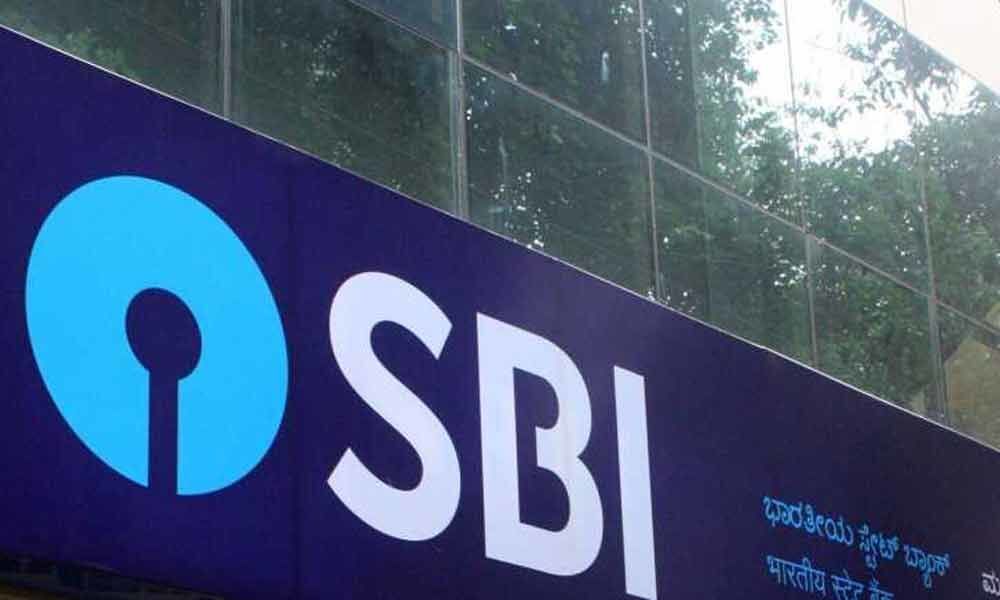Rs 70,000-crore capital infusion in public sector banks to boost economy: S&P Global Ratings

The bank's purchase of high-rated pooled assets of Rs 1 lakh crore will now be eligible for a one-time six months' partial credit guarantee by the government for the first loss of up to 10 per cent.
NEW DELHI: The proposed Rs 70,000-crore capital infusion into public sector banks (PSBs) will provide a timely booster to these lenders, S&P Global Ratings has said.
The move, announced in the Budget, is likely to be credit positive for the banking sector and the economy, S&P said in a note titled 'India's Budget attempts to address a trust deficit in the financial sector. "We believe the capital infusion will help PSBs make necessary haircuts on their weak corporate loans and shore up their capital adequacy," said S&P Global rating credit analyst Geeta Chugh.
The capital infusion will help some banks to come out of the central bank's prompt corrective action and resume lending and clean up their balance sheets, she added.
S&P said it believes PSBs still require substantial reforms to improve risk management, service quality, efficiency, and diversity of product offerings. "While the government has infused large amounts of capital into PSBs in the past few years, the progress on reforms has been rather lacklustre," S&P said.
The US-based rating agency said the government has also signalled liquidity support for the financially sound non-bank finance companies (NBFCs).
PSBs' purchase of high-rated pooled assets of Rs 1 lakh crore will now be eligible for a one-time six months' partial credit guarantee by the government for the first loss of up to 10 per cent. "We believe this will shore up demand for these assets. The Reserve Bank of India (RBI) will also facilitate these transactions by providing banks with a liquidity backstop against their excess holdings of government securities," S&P said.
The growth and profitability of NBFCs in India has been under pressure since the past nine months as the cycle of easy liquidity and low cost of funds reversed. "The budget proposals may help NBFCs to sell their highly-rated retail pool of assets and address their immediate liquidity needs and correct asset-liability mismatches. However, the asset-quality stress emanating from their wholesale real estate related portfolio will not be alleviated," it added.
The budget also proposes to transfer regulation of housing finance companies (HFCs) to the RBI from the National Housing Bank (NHB).
Besides being the regulator of HFCs, the NHB was also the refinancer and lender for these companies, which led to a conflicting mandate. "This proposal will alleviate this conflicting mandate and make RBI the sole regulator for key financial sector entities," S&P said.
The government also announced the amendment to the Reserve Bank of India Act to strengthen the powers of the central bank over non-government-owned NBFCs and allow for effective resolution of stressed financial institutions.
These powers include supersession of boards under certain conditions; removal of directors on the board; and wide-ranging resolution powers including amalgamation with any other non-banking institution, reconstruction of the NBFC, splitting NBFCs into different units or institutions, and vesting viable and non-viable businesses in separate units or institutions. "The wider mandate and broader powers could lead to RBI evaluating asset quality review (AQR) and higher provisions for finance companies, similar to what was done in the banking sector. Such a move would help address the trust deficit that the sector has been struggling with in the past few months," S&P said.
















